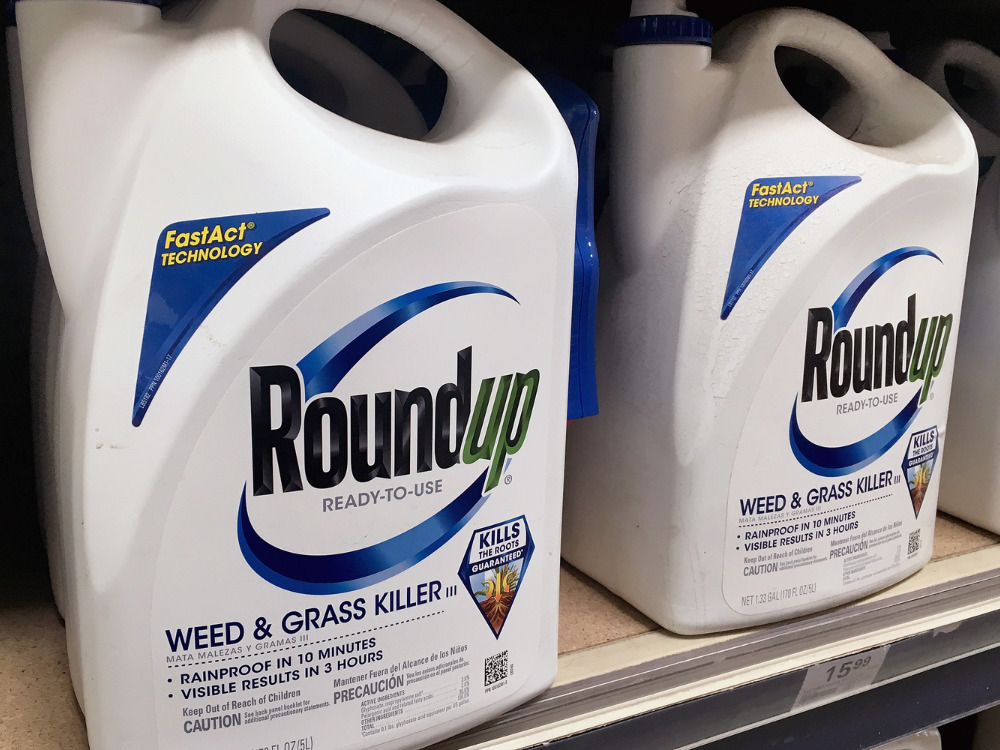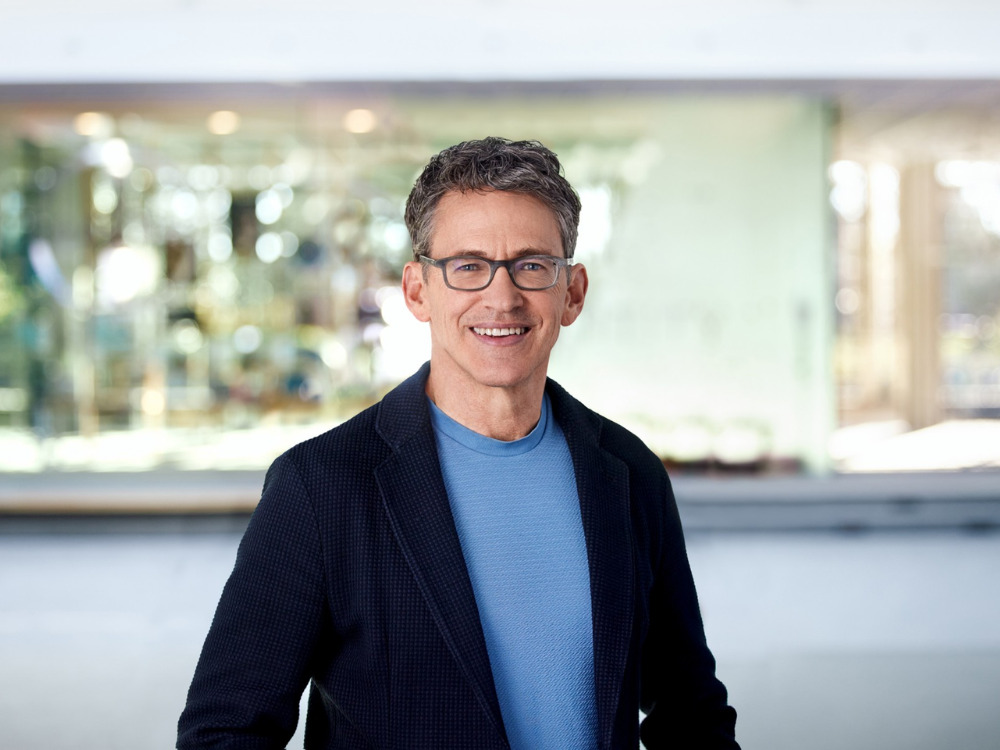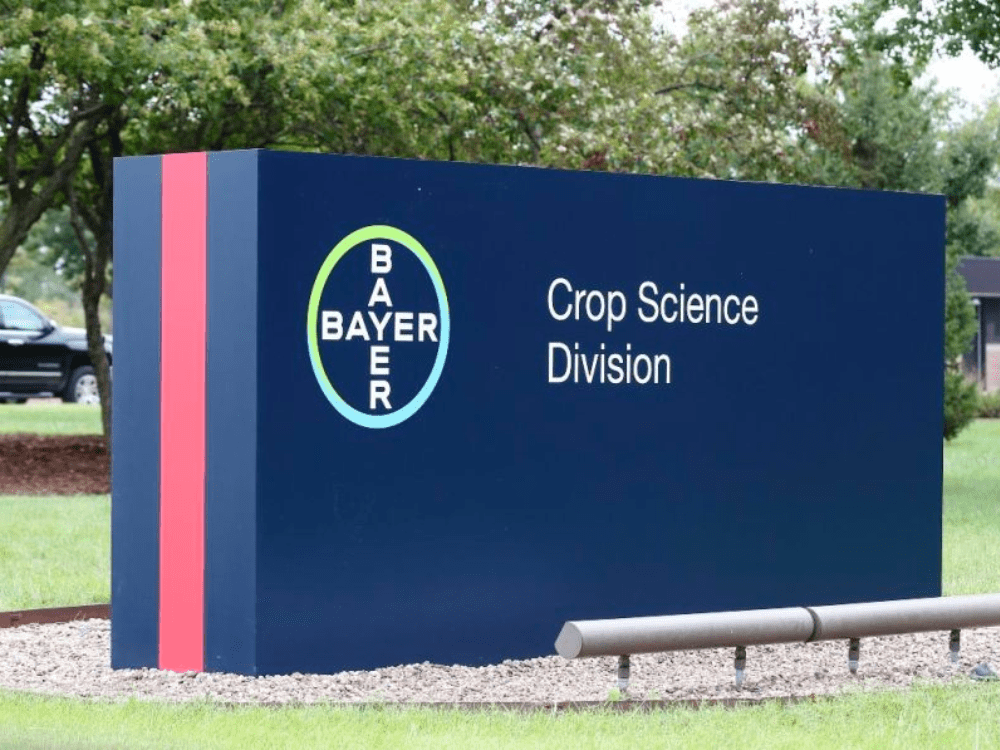Bayer CEO Bill Anderson told investors Tuesday to “expect more action from Bayer” in the coming months around litigation for the herbicide Roundup.
This area will be one of the company’s “strategic priorities” going forward alongside pharma, company debt levels and “a hierarchical bureaucracy that blocks progress,” he said.
The call came just after Bayer made clear it would spend the next 24 to 36 months focusing on these areas rather than split itself up, as had been rumored.

‘A huge burden’ on company financials
Speaking to investors during the firm’s Q4, 2023 earnings call Tues., March 5, CEO Bill Anderson said the ongoing litigation was “a huge burden” on company financials, with impact coming from litigation-related payouts to plaintiffs alleging that the weed killer caused them to develop cancer.
“This . . . includes settlements and judgments and the very significant cost of defense as well. Without these, our company would have generated about €5 billion [$5.4 billion] of cash flow on average per year,” Bayer AG CFO and board member Wolfgang Nickl added.
After winning nine consecutive lawsuits in recent years, Bayer experienced three consecutive losses for Roundup suits, including a recent case in which a man claimed Roundup caused his cancer and the chemicals giant was found liable and ordered to pay $332 million in damages. (The verdict was eventually slashed to $28 million.)
Last week, a Delaware judge declared a mistrial for a separate-but-similar Roundup lawsuit.
According to Bayer’s annual report, it has “reached settlements and/or was close to settling in a substantial number of claims. Of the approximately 167,000 claims in total, approximately 113,000 have been settled or are not eligible for various reasons.” Bayer currently has $6.3 billion set aside for glyphosate payouts; about 54,000 cases are outstanding.
The company also faces ongoing litigation around polychlorinated biphenyls (PCBs), chemical compounds which Monsanto, acquired by Bayer in 2018, voluntarily stopped producing in 1977 and the United States Environmental Protection Agency (EPA) banned in 1979.
“The litigation on PCBs will ebb and flow over time, and that’s going to influence our response,” said Anderson. “We’ll defend ourselves in individual cases as we also assess the broader situation.”
Both glyphosate and PCBs will be “top of the agenda” for Bayer in the coming months, he added.
“Our new General Counsel has brought in some new external counsel, and we’re adding a litigation expert to our Supervisory Board. We will defend ourselves vigorously. We welcome positive outcomes . . . and we will continue to appeal every unfavorable verdict.”
He added: “But it’s clear that a strategy of defense alone is not enough. We’re looking at the litigation topic from every angle, inside and outside the courtroom. That includes much more thorough engagement with other stakeholders in the realm of public policy. It includes considering every possible means to bring closure to these lawsuits for the company and for our customers.”

‘Glyphosate is safe’
Unlike PCBs, which are widely recognized as harmful to human health, viewpoints on the safety of glyphosate vary drastically.
The World Health Organization’s International Agency for Research on Cancer (IARC) has classified glyphosate as “probably carcinogenic to humans.”
Conversely, the EPA says “there are no risks of concern to human health when glyphosate is used in accordance with its current label.” EPA also notes that “glyphosate is unlikely to be a human carcinogen,” though it does flag “potential ecological risks to non-target organisms, primarily non-target plants through spray drift.”
The European Commission has extended glyphosate’s registration for 10 more years, and California claims there is not enough evidence to put a cancer warning on glyphosate products.
On Tuesday’s call, Anderson minced no words, calling glyphosate “safe” and “essential” for farming.
“It’s the most widely used crop protection chemical in the world because of the unique role it plays in keeping weeds at bay and protecting the yields of important crops from row crops to fruits and vegetables,” he said.
He added that this helps keep food prices affordable in addition to facilitating no-till farming.
“Without glyphosate, carbon emissions from farming would rise dramatically,” said Anderson, echoing studies that have shown glyphosate can help farms capture more carbon.
“Glyphosate plays a major role in farm economics,” he added. “Threats to its availability jeopardize the livelihood of farmers as evidenced by the more than 360 farmer advocacy groups that recently brought this issue to the attention of the U.S. Congress. They’re concerned because Bayer is the only U.S. source of glyphosate.”

2024 outlook
Asked what the role of glyphosate will be for Bayer in the future, given that the company lowered its outlook due to “lower-than-expected glyphosate prices,” Rodrigo Santos, president of Bayer’s Crop Science division, called 2022 “an exceptional year” but added that “we’re back into a normal situation for glyphosate and that’s how we are guiding for the future as well for next year. We are basically guiding based on 15 years average of the glyphosate price for the coming ’24 season.”
“We are managing glyphosate as a more volatile business guiding for the 15 years but highly focused on the core business and how we deliver that innovation to the farmers.”
Sales at Bayer’s Crop Science division fell by 4% to €23.3 billion. EBITDA before special items decreased by 27% to €5 billion, largely due to the price decline for glyphosate products. Crop Science achieved an above-market sales growth of 7% in its core business, excluding glyphosate.
Santos said Crop Science plans for “another growth for ’24, and this is the foundation of, based on our innovation, our new launches in the seeds and traits and in CP and the digital technology.”
For 2024, he said Crop Science expects sales to grow by -1% to +3% on a currency- and portfolio-adjusted base, with core growth of 1-4% and an EBITDA margin before special items in the range of 20-22% at constant currency.”
Anderson added that Bayer is investing in new herbicide projects and aims in 2028 to have a “fundamentally new category of molecules as a herbicide.”
“This is something that’s really important because weeds, fungi, insects, they all evolve,” he said. “And if you just keep using the same protection products, over time, they’re going to break through, and you’re going to have problems.”




